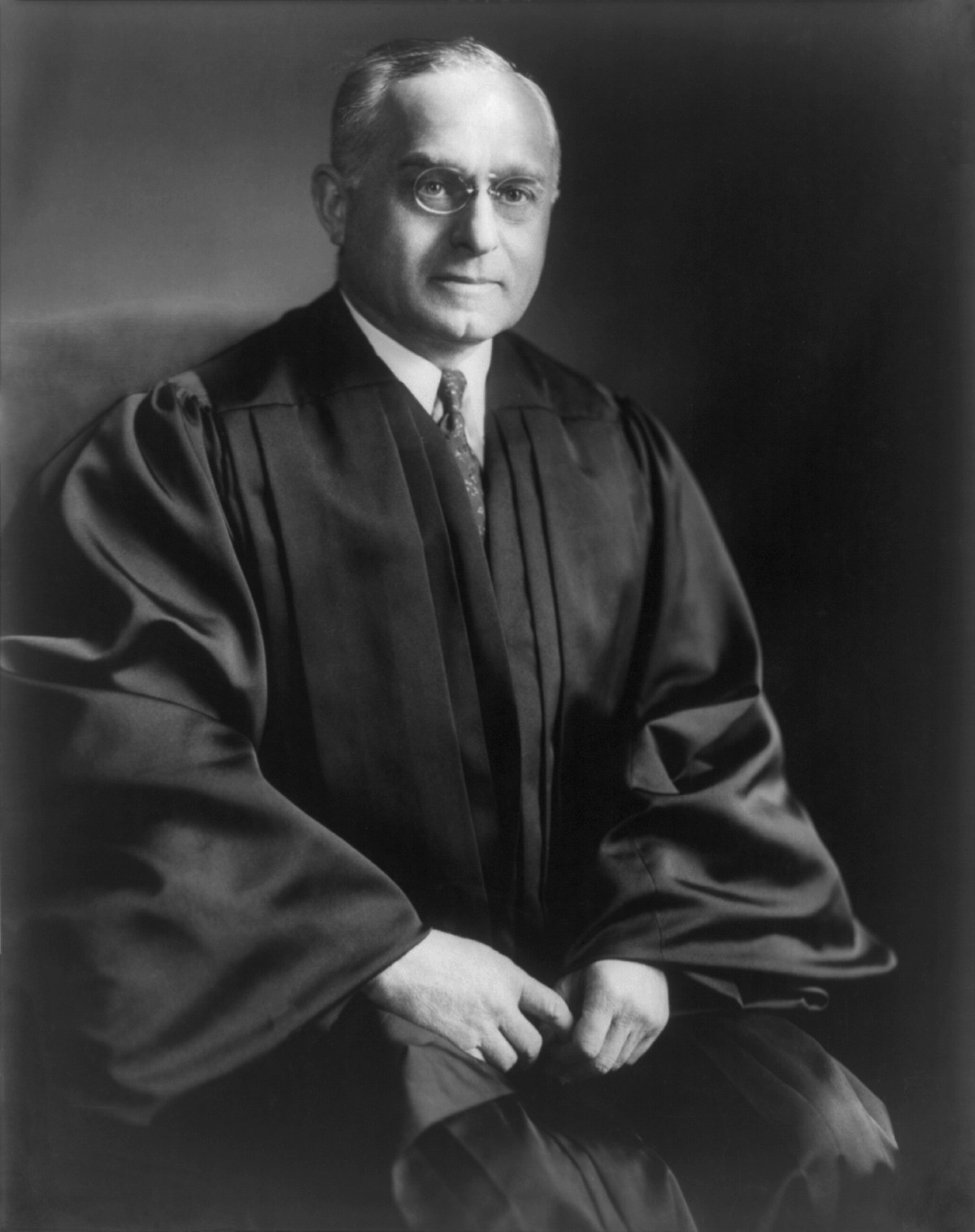Felix Frankfurter was an Austrian-born American jurist who served as an Associate Justice of the Supreme Court of the United States from 1939 until 1962, during which period he was a noted advocate of judicial restraint in its judgements.
Frankfurter was born in Vienna, immigrating to New York City at the age of 12. After graduating from Harvard Law School, Frankfurter worked for Henry L. Stimson, the U.S. Secretary of War. During World War I, Frankfurter served as Judge Advocate General. After the war, he helped found the American Civil Liberties Union and returned to his position as a professor at Harvard Law School. He became a friend and adviser of President Franklin D. Roosevelt, who appointed him to fill the Supreme Court vacancy caused by the death of Benjamin N. Cardozo. His adherence to judicial restraint during an era where conservative justices wielded the judicial power through the derogation canon and the "plain meaning rule" to strike down progressive laws has been described as liberal by some commentators.Frankfurter served on the Court until his retirement in 1962, and was succeeded by Arthur Goldberg. Frankfurter wrote the Court's majority opinions in cases such as Minersville School District v. Gobitis, Gomillion v. Lightfoot, and Beauharnais v. Illinois. He wrote dissenting opinions in notable cases such as Baker v. Carr, West Virginia State Board of Education v. Barnette, Glasser v. United States, and Trop v. Dulles.
Wikipedia
✵
15. November 1882 – 22. February 1965
